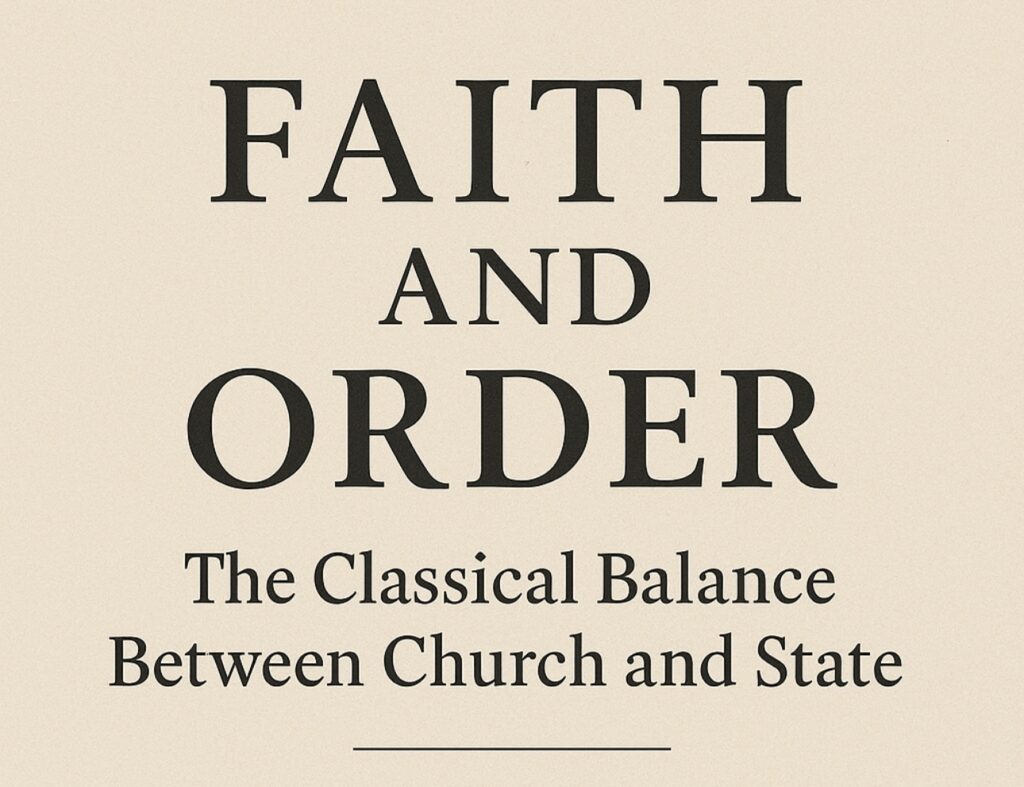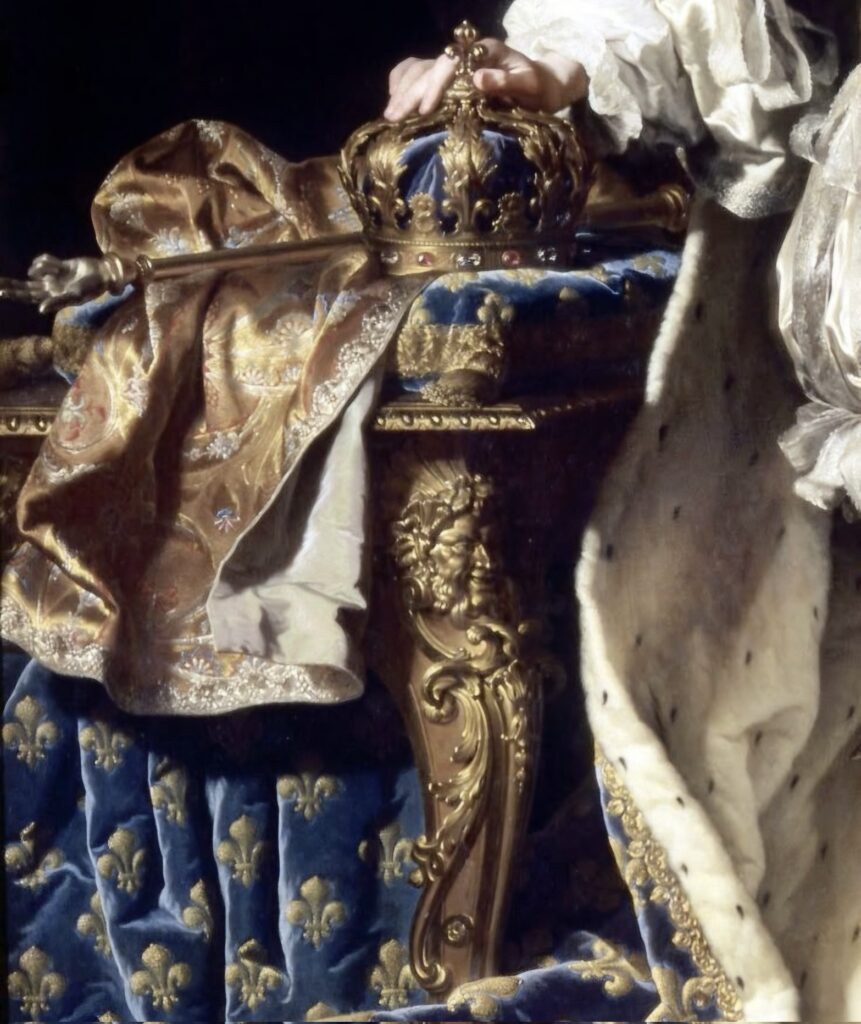“Civil authority seeks the bonum commune, the common good, while divine authority directs man toward his eternal end”- St Thomas Aquinas

In a rightly ordered society, the Church guides man and the State, and the State guards man and the Church. This timeless principle — often misunderstood in an age of secular absolutism — is not about domination or control. It is about balance, complementarity, and the recognition that human nature itself is both spiritual and temporal.
Every society that endures must serve two dimensions of man: his body and his soul, his material needs and his moral compass. The State, through law and governance, provides justice, order, and protection. The Church — a term which embraces not only Christianity, but also Mosques, Synagogues, Temples, and all places of worship — nurtures conscience, truth, and transcendence.
When these two pillars work in harmony, humanity flourishes. When they fall into conflict or indifference, moral confusion and civic decay follow.
Distinct Yet Complementary Roles
The Church and the State are not rivals; they are partners in the service of humanity. While each has its distinct functions, they are intended to complement one another so that man may reach his dual end — earthly fulfillment and eternal salvation.
The Church speaks to the conscience of man, reminding the State that justice without morality becomes tyranny. The State, in turn, protects the Church and the believer from external harm, ensuring that faith can be practiced freely and safely. Together, they represent a dialogue between the eternal and the temporal — between Heaven and Earth.
The Crisis of Modern Separation
Modern society, in its quest for neutrality, has too often replaced cooperation with hostility. In many Western nations, religion has been reduced to a private sentiment, stripped of its public voice and moral authority. Yet history has shown that when faith is silenced, the void is filled by ideology — and ideologies, unlike religions, rarely know mercy.
A healthy State does not fear faith. It respects it, draws wisdom from it, and recognizes its indispensable role in shaping a moral citizenry. Equally, a mature Church does not seek to govern the State, but to enlighten it — ensuring that political power remains bound by moral truth.

A Call for Renewal
In a world torn between secular indifference and fanatic extremism, rediscovering the harmony between faith and governance is not a luxury — it is a necessity. A society that restores this balance reclaims its humanity.
To allow the Church to guide man’s soul and the State to guard both man and the Church is to return to a model where truth and justice coexist — where man is not merely ruled, but also uplifted.






4 Comments
Malta should thank Gerald Strickland for his courage to fight for this democratic right where the State and the Church are separate.
Poor Gerald had to face many hardships and the British abandoned him in the middle of the road.
The. Came Dom Mintoff to continue from where Gerald had left.
Fortunately the “Good Pope” Pope John XXIII, a man who really walked in the path for the Lord did the major changes and the rest is history.
Our Kurja kept insisting to keep hold of some power and after the 1984 debacle on the private schools owned by the Church and the religious orders, had to give in because the only support they found from the PN in opposition is to gain the brownie points to win the coming election.
After the election the PN moved on with the agreement reached between the former government led by KMB and the Vatican.
This means that the PN is a breed that never change their way of doing dirty politics.
Malta should thank Gerald Strickland for his courage to fight for this democratic right where the State and the Church are separate.
Poor Gerald had to face many hardships and the British abandoned him in the middle of the road.
Then Came Dom Mintoff to continue from where Gerald had left.
Fortunately the “Good Pope” Pope John XXIII, a man who really walked in the path for the Lord did the major changes and the rest is history.
Our Kurja kept insisting to keep hold of some power and after the 1984 debacle on the private schools owned by the Church and the religious orders, had to give in because the only support they found from the PN in opposition is to gain the brownie points to win the coming election.
After the election the PN moved on with the agreement reached between the former government led by KMB and the Vatican.
This means that the PN is a breed that never change their way of doing dirty politics.
Thanks to Gerald Strickland, who initiated this in earlier 20th Century and he was interdicted by the local Kurja and abandoned by the British in the middle of his fight. A democratic right.
Later Dom Mintoff came into the scene and historical facts shows us the struggle, a long one, to divide between State and religion.
In the 60s, there was Pope John XXXIII, who initiated the separation. A long way, however it was the Vatican later to tame the local Kurja.
The PN always piggy banked on the Church as usual. Once a hypocrite always a hypocrite
Neville b’din ir-rats ta’ barranin ser ikolna diffikultajiet kbar u addio dak li ksibna.
Minn ghandu widnejn ha jismgha.